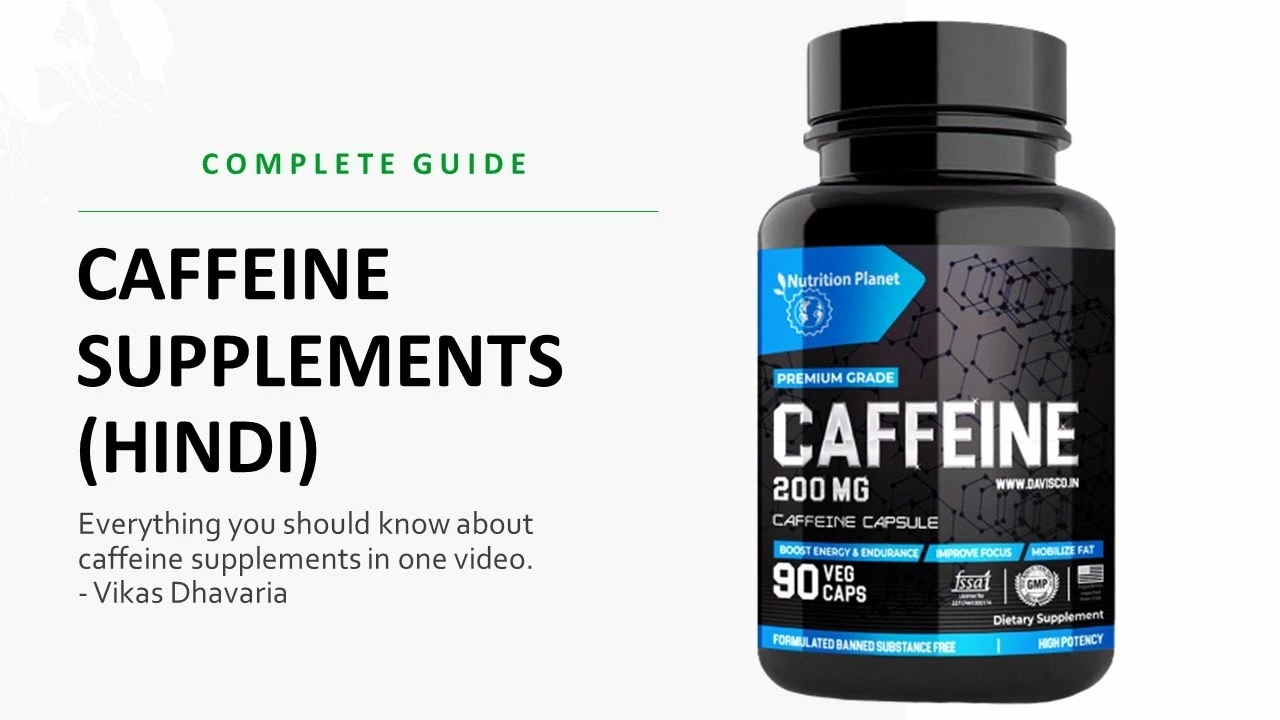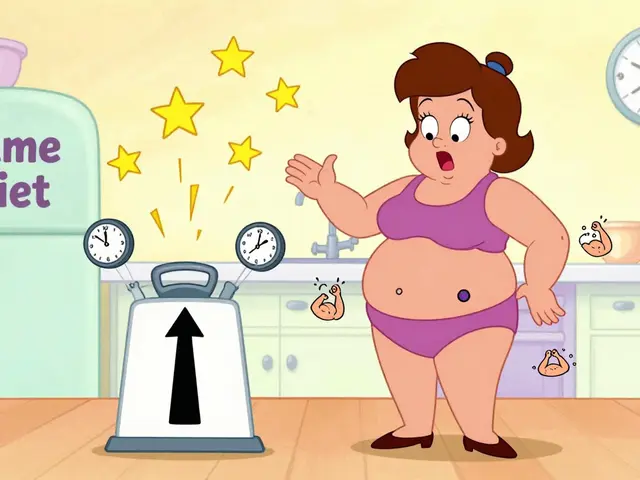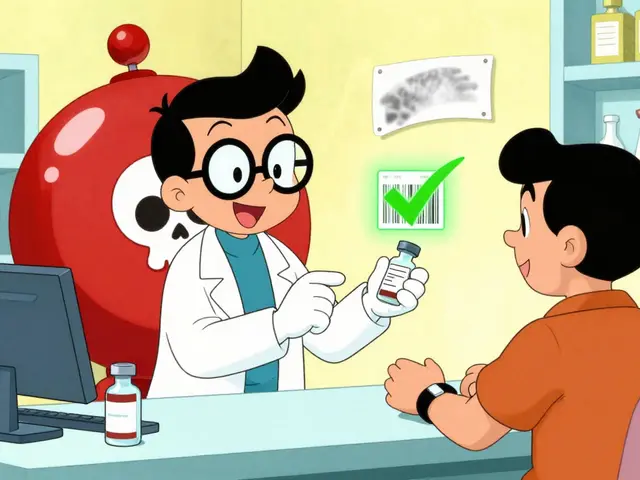Dietary supplements: how to choose safe ones and avoid risks
More than half of adults use at least one dietary supplement, yet many products on the shelf carry surprising risks. Supplements can help fill nutrient gaps, but they can also interact with medicines, contain hidden ingredients, or come in doses far above what's safe. This guide gives clear, usable steps to pick safer supplements, spot trouble, and talk to your health team without confusion.
Common risks & interactions
Supplements aren’t risk-free. Herbal products like St. John’s wort, valerian, and kava can change how antidepressants or other drugs work — see our article on Herbal Supplements That Interact With Imipramine for specifics. Some supplements affect blood thinners, blood pressure meds, or diabetes drugs. Others have been found contaminated with heavy metals or hidden prescription drugs, especially in weight-loss or sexual-performance products.
Watch for liver strain with high-dose herbs, allergic reactions, and overdosing on fat-soluble vitamins (A, D, E, K). If you’re pregnant, planning surgery, have a chronic illness, or take prescription meds, check with your doctor or pharmacist before starting anything new.
How to pick a safe supplement
Start by reading the label closely. Look for the exact ingredient list, serving size, and the amount per serving. Avoid vague "proprietary blends" that hide amounts. Choose brands that use third-party testing — seals from USP, NSF, or ConsumerLab mean the product was tested for purity and dose accuracy.
Prefer single-ingredient products where possible. Don’t assume "natural" means safe. Skip supplements promising quick fixes or miracle cures. If a product markets steroids or prescription-like effects, treat it as risky — see our ugfreak.to review for an example of products sold outside safe channels.
Match the dose to established guidance. For many vitamins and minerals, there’s a recommended daily amount and an upper safe limit. Taking megadoses without medical reason can cause harm. If a supplement recommends unusually high amounts, ask why and check with a clinician.
Buy from reputable sellers and check batch numbers or expiration dates. Store supplements in a cool, dry place and keep them away from children. If you notice new symptoms after starting a supplement — stomach upset, rashes, dizziness, or changes in mood — stop it and contact your healthcare provider.
Want more depth? Read our posts on The Surprising Health Benefits of Stavesacre Supplementation and how food affects meds in Isotretinoin: Impact of Diet. If you're unsure about interactions or quality, a pharmacist can often review your list of meds and supplements quickly and give practical advice.
Being cautious doesn’t mean avoiding all supplements. It means choosing them wisely, checking quality, and keeping your doctor in the loop so you get benefits without the surprises.





